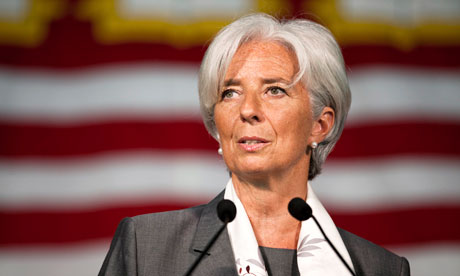From The City Club of Cleveland
Transcript: Remarks by the President to the City Club of Cleveland
Introductory remarks:
Now, over the course of my presidency, one that began in the depths of a historic crisis, no issue has been more important than the future of our economy. That’s certainly been of great interest in Ohio and in Cleveland. No topic has weighed more heavily on the minds of ordinary families, and no subject is more worthy of a great, big, open debate.
Seventy-five years ago, another President came here to Cleveland to engage in this debate. He was nearing the end of his second term, eight years in office marked by a devastating depression, a hard-fought recovery, fierce political divisions at home, looming threats overseas. But for all the challenges of a changing world, FDR refused to accept the notion that we are anything less than the masters of our fate. “We are characters in this living book of democracy,” he said. “But we are also its author. It falls upon us now to say whether the chapters that are to come will tell a story of retreat or of continued advance.” […]
Well, after 12 million new jobs, a stock market that has more than doubled, deficits that have been cut by two-thirds, health care inflation at the lowest rate in nearly 50 years, manufacturing coming back, auto industry coming back, clean energy doubled — I’ve come not only to answer that question, but I want to return to the debate that is central to this country, and the alternative economic theory that’s presented by the other side.
Because their theory does not change. It really doesn’t. It’s a theory that says, if we do little more than just cut taxes for those at the very top, if we strip out regulations and let special interests write their own rules, prosperity trickles down to the rest of us. And I take the opposite view. And I take it not for ideological reasons, but for historic reasons, because of the evidence. […]
So when we, the American people, when the public evaluates who’s got the better argument here, we’ve got to look at the facts. It’s not abstractions. There may have been a time when you could just say, well, those two theories are equally valid. They’re differences of opinion. They could have been abstract economic arguments in a book somewhere. But not anymore. Reality has rendered its judgment: Trickle-down economics does not work. And middle-class economic does.
More …


